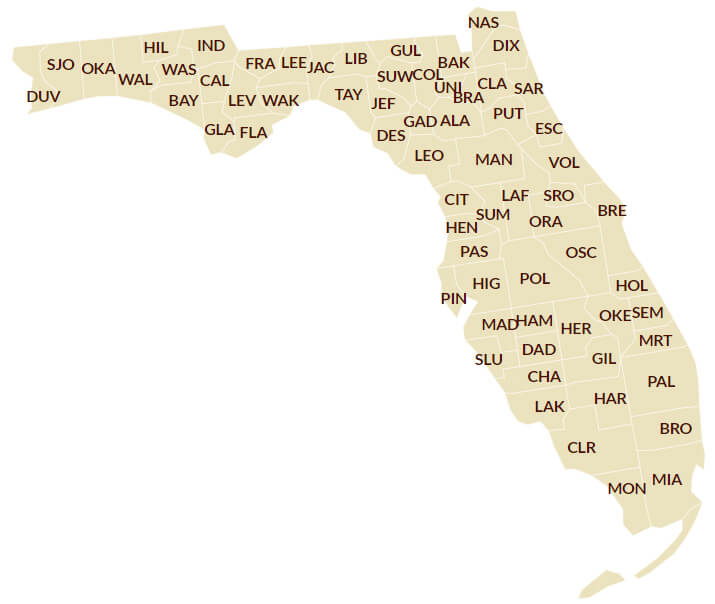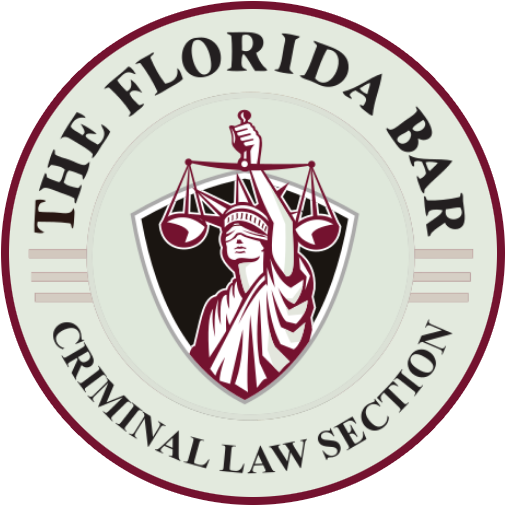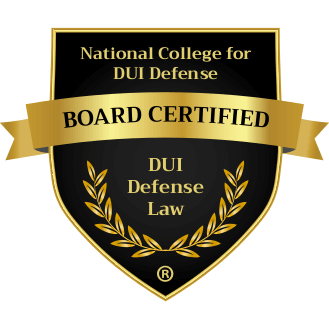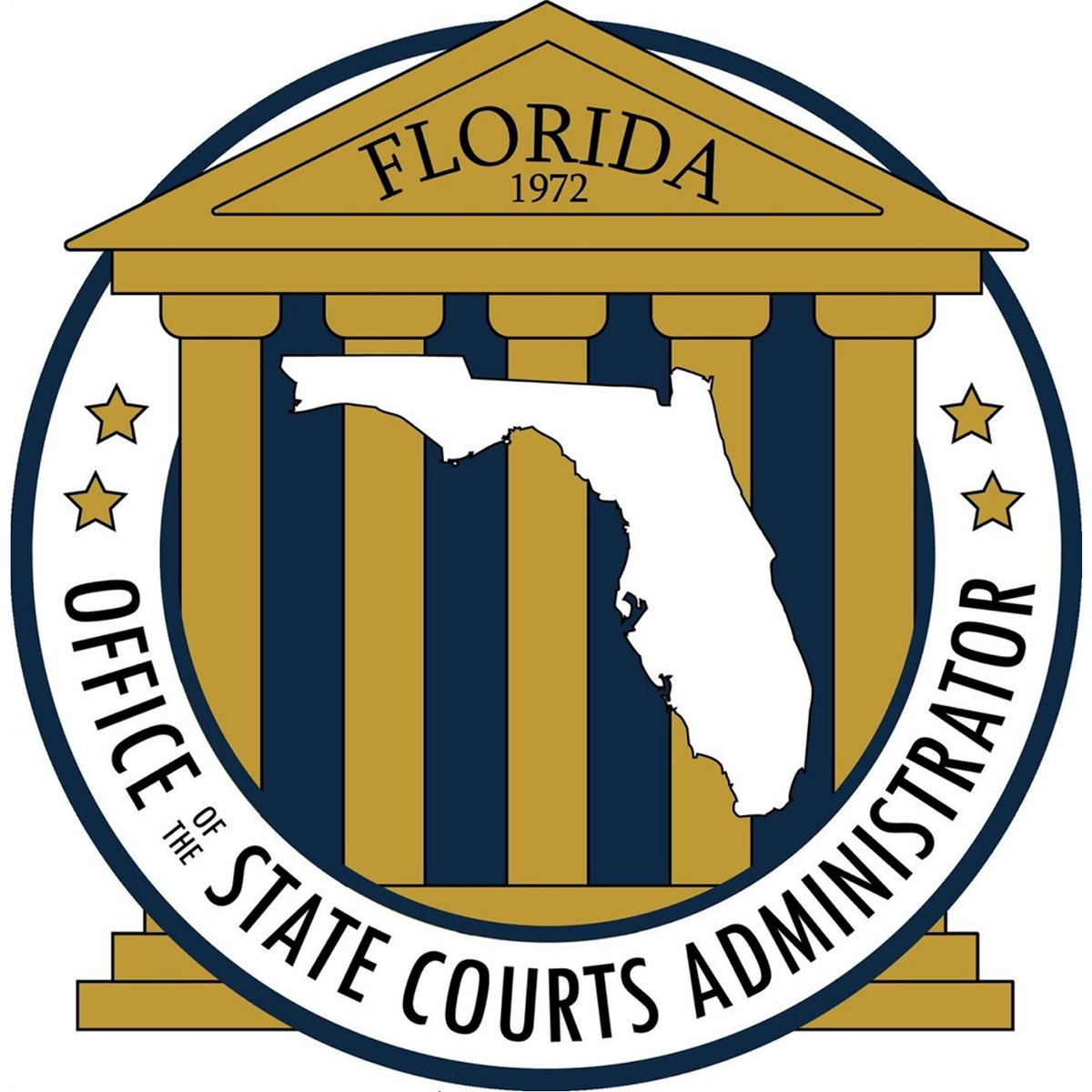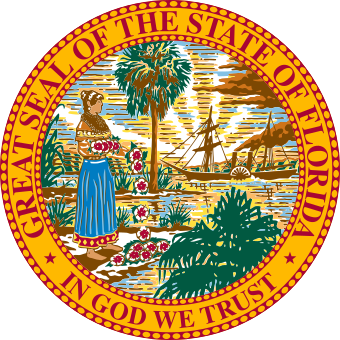Florida law distinguishes between criminal traffic offenses (like DUI) and civil traffic infractions (such as speeding tickets), requiring specialized defense strategies. As well as this, Florida's notable "Stand Your Ground" law grants individuals the right to use force, including deadly force, in self-defense situations.
Florida's criminal laws are primarily codified in the Florida Statutes, Title XLVI (Crimes), which outlines a comprehensive list of criminal offenses, classifications, and associated penalties. The statutes cover a wide range of crimes, from misdemeanors to felonies, encompassing everything from theft and assault to more complex offenses like drug trafficking and white-collar crime.
Crimes in Florida are categorized into different degrees of severity, including first-degree felonies, second-degree felonies, third-degree felonies, and misdemeanors. Each classification carries specific penalties, which may include fines, imprisonment, probation, or a combination thereof.
Florida's criminal law framework for juveniles is covered under Title XLVII (Criminal Procedure and Corrections), specifically Chapter 985, which outlines procedures for handling cases involving minors.
Understanding and navigating the format of Florida Criminal Law requires a deep knowledge of the Florida Statutes, relevant case law, and legal precedents. Criminal defense attorneys, prosecutors, judges, and law enforcement professionals play crucial roles in ensuring that justice is administered fairly and in accordance with Florida's legal framework.


